Newey Highlights Unforeseen 'Hidden Danger' With Current F1 Regulations
F1Monday, 15 April 2024 at 01:00
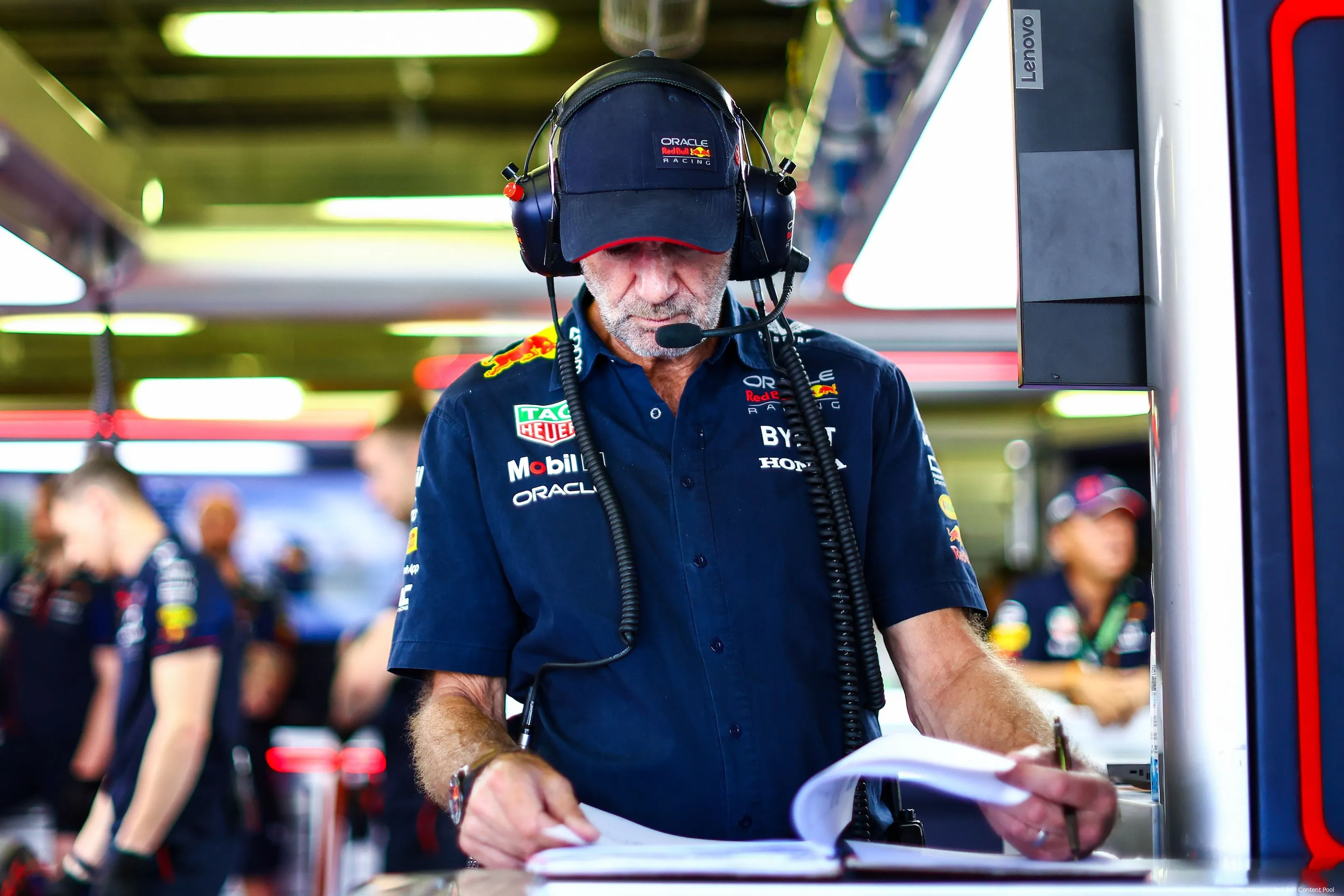
Red Bull's chief technical officer, Adrian Newey, revealed the hidden danger of the cost cap regulations in one of his most recent interviews.
A cost cap was introduced to Formula 1 to level the playing field and allow smaller teams to compete with giants like Red Bull, Ferrari, or Mercedes.
These huge teams used to have basically unlimited budgets and would spend hundreds of millions every year in the development battle in order to dominate the sport.
Small teams that could barely afford one hundred million would, therefore, be at a significant disadvantage as they would have a threefold lower budget to operate with.
The cost cap was introduced in 2021, and almost no one has complained about it since then because it really seemed to have only positive effects on the sport.
Read also
However, in his most recent interview with RacingNews365, Adrian Newey (whom Aston Martin reportedly recently tried to poach from Red Bull) revealed the hidden danger of this new regulation. He said:
"I think the hidden danger of the cost cap, which none of us probably really thought about when it first came in, is that Formula 1 used to be the best paid engineering discipline in the world."
"Therefore, we would be able to hire and attract from universities, the brightest young graduates, and now with the cost cap, with the amount of inflation and the cost cap not rising with inflation, that is no longer the case."
Since the cost cap was introduced, the gaps between teams have been much lower, and their profitability and value have gone through the roof. This has also made the whole sport even more attractive.
However, what Newey describes is a problem because the wages of all team members except for drivers and the three highest-paid staff members count towards the budget.
Consequently, teams can't offer potential employees as high salaries as they would like because they would rather spend the money on developing a new part that could help them in the battle for the Championship.
"At the same time, it is a double-edged sword as we also have start-up tech companies offering very high salaries and so now when we go to the universities, trying to attract graduates, we're no longer the best."
"Equally with our existing staff, we are losing people to tech companies and that is a real problem because it makes it difficult for us, as an industry, and not just our team, to attract the best engineers in the world."
The teams are then left with attracting new employees on "the basis of passion" rather than the most lucrative salary, which should go hand in hand with the pinnacle of motorsport.
"We are then trying to attract them on the basis of passion rather than purely because of the best salaries."
Read also
POPULAR NEWS
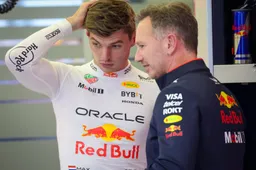
Steiner Warns Red Bull: 2024 Performance Masked By Verstappen's Brilliance
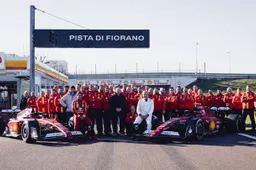
Sainz Sr. Grateful For Ferrari's 'Fantastic Gesture' After Driver Switch
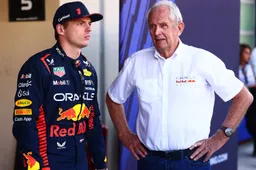
Marko Issues Honest Verdict On Verstappen's Potential Exit: 'You Have To Be Realistic'

Racing Bulls CEO Reveals What Verstappen's Personality Is Like Outside F1 Paddock

Magnussen Discusses 'Crazy' Thing That Separates Verstappen From Hamilton And Others
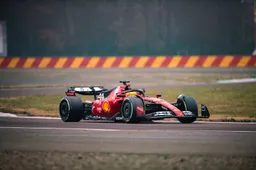
Hamilton: Driving Ferrari F1 Car For First Time 'One Of Best Feelings Of My Life'
Loading

